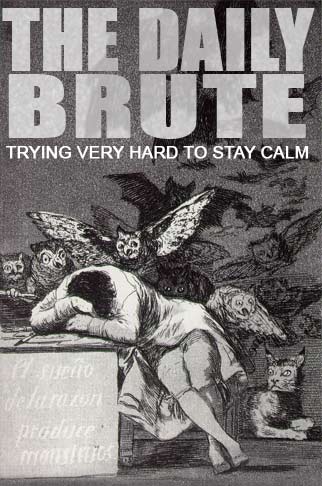
You do no more than state the obvious in saying that the slaughter of the First World War continues to exert a peculiar horror, that it dealt out death in industrial quantities.
For Britain, the trauma seemed and seems particularly acute, 'the flower of a generation' apparently sacrificed in numbers that mocked every heroic expectation of a war that would be 'over by Christmas'.
Yet in the immediate reaction to the war in Britain, there was a degree of imperially inspired naivety at work. Not only had Britain never been involved in a conflict on this scale before, it never expected to be. Its history pointed in opposite directions. As a world power rather than a merely European one, Britain had long resisted European entanglements. The navy was widely regarded as the real bastion of its defence. The army, by contrast, was seen as little more than an imperial police force.
Now, for the first time, Britain found itself obliged to field land forces equal in size to those of its Continental neighbours. The deaths when they came, first in their hundreds, then in their thousands, finally in their hundreds of thousands, were all the more shocking as a result.
In August 1914 the British army had a total strength of less than 250,000, half stationed overseas. The French army, by contrast, numbered 2.75 million, the German army 3.7 million. When the British Expeditionary Force landed in France, it mustered five divisions, about 100,000 men. The French already had 72 divisions in the field, the Germans 122. Even the Belgian army fielded six.
By the end of the war, over 8.37 million men had been recruited by Britain and the average field strength of its armies was 3.3 million. This was only slightly less than the 8.5 million men of the French army, though much less than the Germany army, which mobilised 13.25 million men.
Yet the real horror comes with the casualty figures. In all theatres and all services, Britain lost 702,410 men. By any measure, it is sobering statistic. 8.4% of those mobilised were killed, 1.53% of the country's total population in 1914 of 45,750,000.
Yet they pale beside the losses of the French. Of a total population of 39 million in 1914 (almost six million less than that of Britain), 1,391,000 Frenchmen were killed. In other words, 16.4% of those mobilised, or 3.7% of the total population, died.
Put it another way, in Britain one in every 12 men mobilised was killed, in France one in every six.
We do well to remember these figures. They explain much about France even today.
It is why every village in France has at its heart a war memorial with the names of those who died. They are pitifully long lists. And it is why, tomorrow, I shall be at the simple ceremony honouring them that is held every year in the small village near where we live. Identical services are held in every other commune, large and small, across the country (though surely none with a brass band quite as hilariously bad as ours). It is also why I find the ha! ha! ha! notion of cheese-eating surrender monkeys so offensive.
They were – and are – anything but.


3 comments:
top [url=http://www.001casino.com/]casino online[/url] check the latest [url=http://www.casinolasvegass.com/]casino games[/url] manumitted no set aside perk at the chief [url=http://www.baywatchcasino.com/]baywatchcasino.com
[/url].
[url=http://amoxicilline.webs.com/]Amoxil en ligne
[/url][url=http://acheter-amoxicilline.webs.com/]traitement angine blanche amoxicilline
[/url] amoxicillin 1000 mg yan etkileri
clamoxyl pГ©diatrique
amoxicilline notice
Hello. And Bye.
Post a Comment